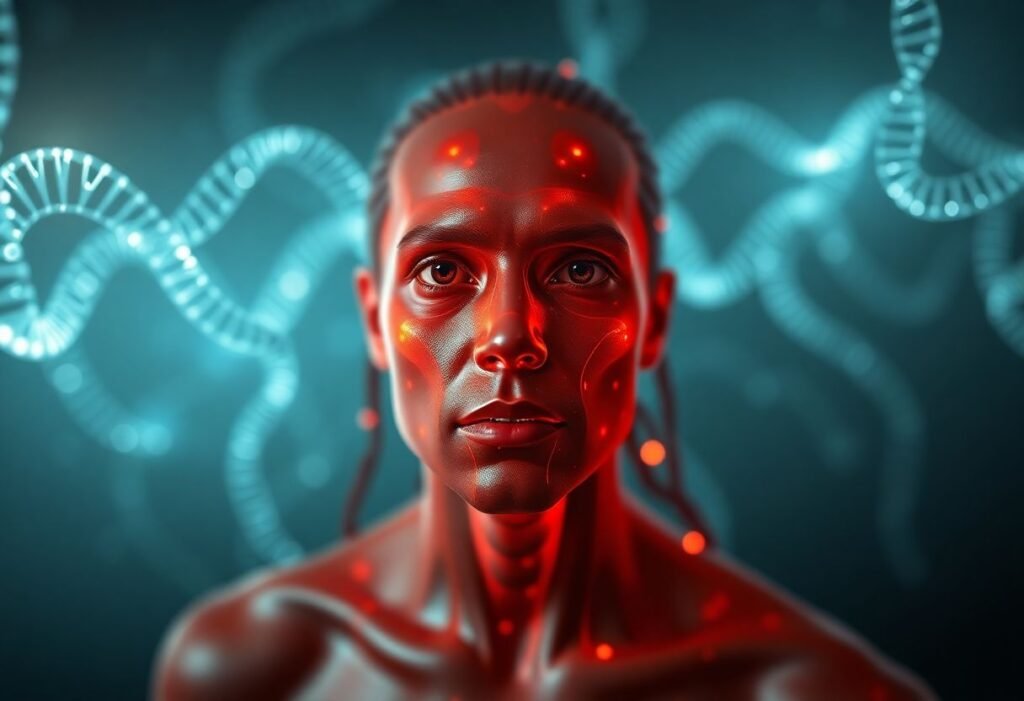Genetic engineering is revolutionizing not only the scientific landscape but also how we think about human evolution. This innovative field is paving the way for significant advancements that could alter the course of humanity. As we explore how these developments are unfolding, we will examine their implications for future generations and the ethical discussions surrounding them.
The Evolution of Genetic Engineering
Genetic engineering has evolved from theoretical concepts to practical applications that influence countless aspects of our lives. The ability to manipulate DNA allows researchers to correct genetic disorders, enhance crop yields, and even create custom organisms for specific functions. This transformative technology is at the forefront of numerous fields, including medicine, agriculture, and biotechnology, enabling scientists to push the boundaries of what is possible. The consequences of these advancements necessitate a careful discussion on their potential benefits and risks, particularly as they pertain to human evolution.
Impact on Human Health
One of the most prominent impacts of genetic engineering is its potential to improve human health. Through techniques such as CRISPR, scientists can identify and alter genes associated with serious health conditions, including cancer and hereditary diseases. By editing genes at the molecular level, it is possible to eliminate genetic predispositions and enhance overall well-being. These innovative methods signify a new age in healthcare, where treatments can be personalized and targeted, minimizing the risks and maximizing the efficacy of therapies. However, these advancements also raise questions about the ethical boundaries of altering human genetics.
Enhancing Agility and Intelligence
Genetic engineering does not only focus on correcting flaws; it also provides avenues to enhance natural abilities. There is ongoing research into how genetic modifications can improve physical agility or cognitive functions. By understanding the underlying genetics of traits such as intelligence or endurance, scientists aim to create a new breed of human beings. This quest for enhancement can have profound implications on society, potentially leading to a division between those who can afford such enhancements and those who cannot, thus risking greater inequality in human capabilities.
Ethical Concerns in Genetic Modifications
The liberating potential of genetic engineering brings forth myriad ethical concerns. As scientists reach new frontiers in altering human genetics, society faces significant challenges in navigating what is acceptable. Concerns regarding designer babies, eugenics, and genetic privacy have emerged as dominant topics of debate. It is crucial to address these ethical dilemmas to ensure that innovations do not inadvertently lead to misuse or societal harm. Public discourse on these issues is essential to develop frameworks and regulations that safeguard human dignity.
The Role of Innovation in Genetic Engineering
Innovation is the backbone of genetic engineering, driving progress in research and application. Breakthroughs in technology and methodology unlock new possibilities that were once deemed impossible. Machine learning and artificial intelligence are enhancing the precision and efficiency of genetic research, allowing for faster discovery of treatments and solutions. As innovations continue to emerge, they promise to reshape the landscape of genetic engineering and its impact on human evolution. The synergy between these fields can lead to unprecedented advancements that continuously redefine the limits of our capabilities.
Future Perspectives on Human Evolution
Looking forward, the intersection of genetic engineering and human evolution presents both exciting prospects and daunting challenges. The future may hold possibilities for a more resilient and adapted human race, better equipped to face environmental and health challenges. Yet, the path ahead must be navigated carefully, ensuring that while we harness the power of genetic engineering, we do so with a profound sense of responsibility and foresight. Embracing innovation alongside ethical considerations is essential for ensuring that humanity progresses in a manner that enhances our collective well-being.
Disclaimer: The information provided in this article is for informational purposes only and should not be construed as professional medical advice.





















